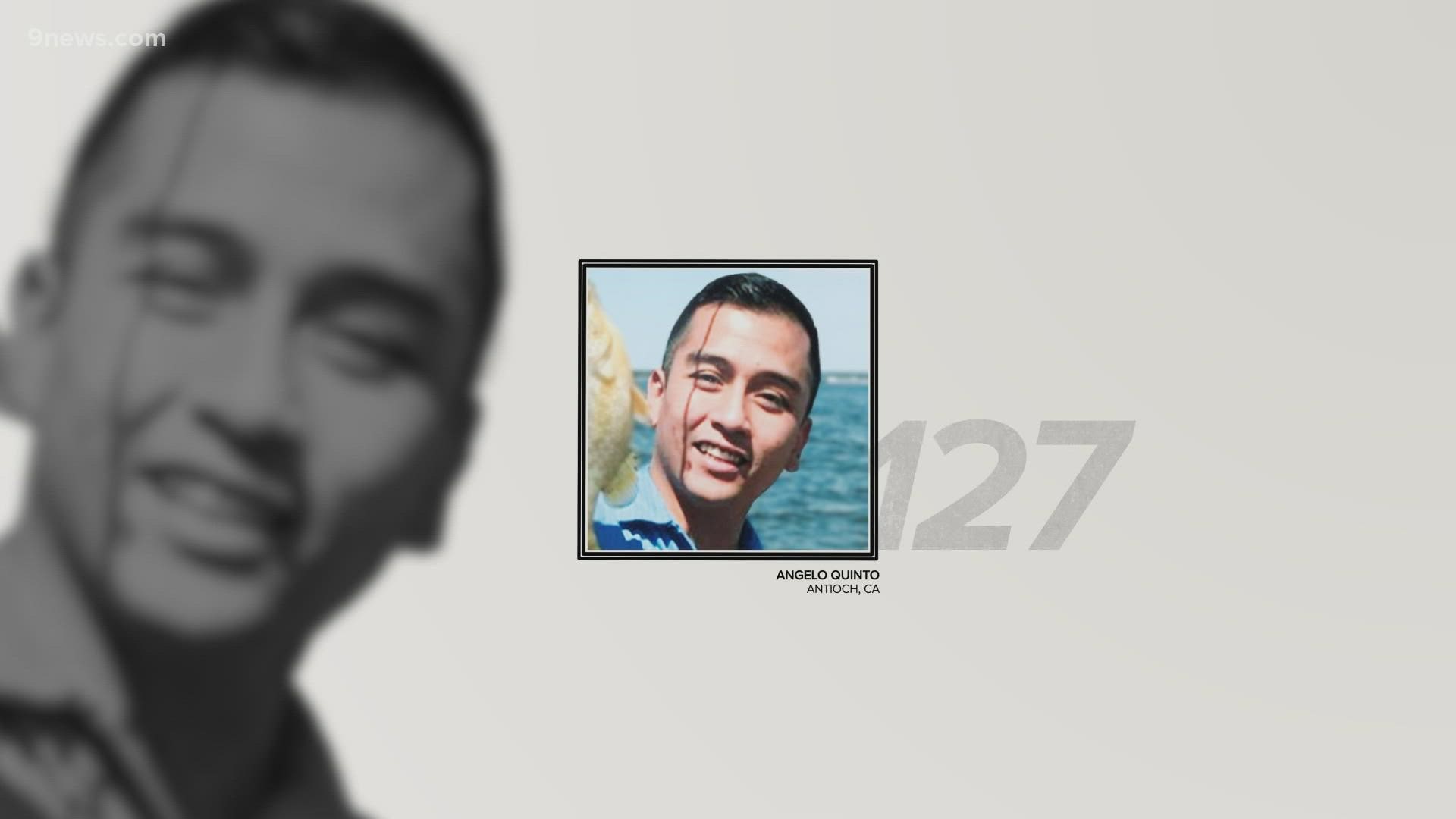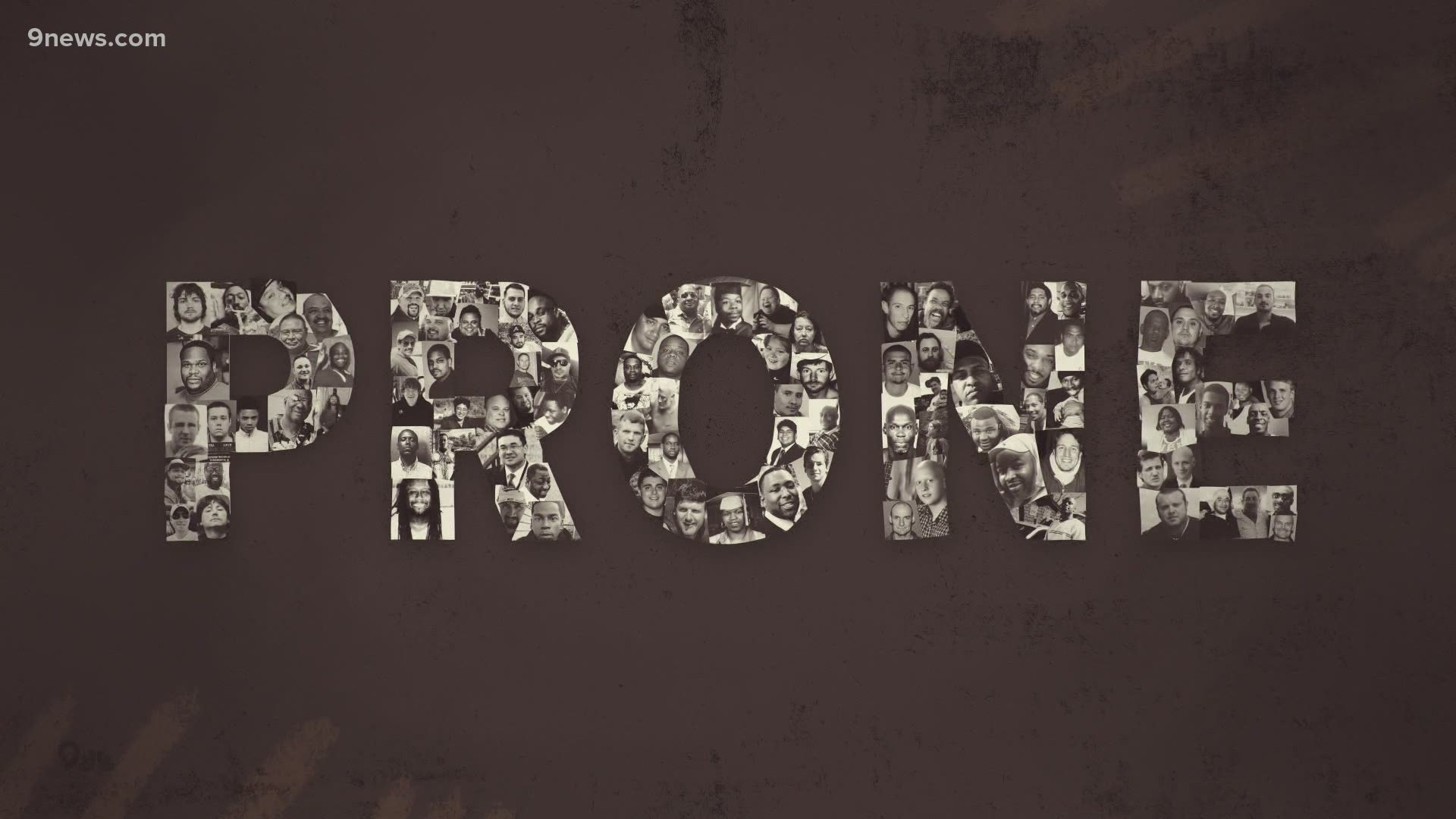COLORADO, USA — George Floyd’s death under the body of a former Minneapolis Police officer has yet to stop officers across the United States from using a dangerous restraint technique, according to an ongoing investigation by 9Wants to Know.
At least eight people have died under the knees, elbows and bodies of arresting officers since the May 2020 death of Floyd.
In all, 9Wants to Know has now identified 131 deaths that followed prone restraint since 2010. In many instances, officers lingered on the backs of people for multiple minutes after handcuffs were applied.
RELATED: PRONE: Facedown and handcuffed is no way to die, yet it keeps happening over and over again
As our investigation has shown, the U.S. Department of Justice warned law enforcement agencies across the country to get suspects off their stomachs “as soon as the suspect is handcuffed” due to the risk of positional asphyxia and sudden death.

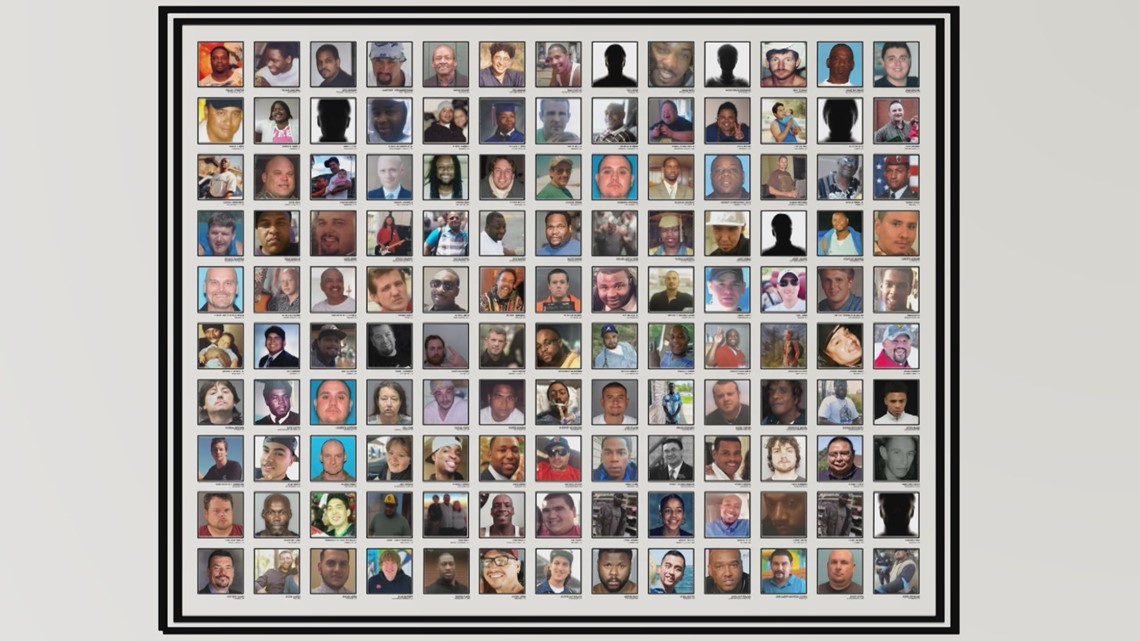
According to a review of footage from dozens of body cameras, many officers remained on the backs of handcuffed individuals long after resistance had come to an end.
And while Floyd’s death prompted widespread outrage, it has yet to lead to widespread legal change when it comes to the restraint technique that, according to experts who testified against the officer now convicted of murder, led to Floyd’s death.
Watch the full PRONE investigation below.
The family of a man who died while held prone seven months after the death of Floyd hopes their story can do for other states what it already has done for California.
ANGELO QUINTO NUMBER 127
When Angelo Quinto watched the death of Floyd on the news in the spring of 2020, he recoiled in disgust.
“He had a really hard time watching it,” explained his sister Bella Quinto-Collins. “He felt a lot of pain.”
Seven months later, his family said, Antioch (California) Police officers remained on Quinto’s back after responding to a mental health call from his sister Quinto-Collins. A lawsuit filed by Quinto’s family alleges the officers' use of prolonged prone restraint caused the 30-year-old’s death.
“To think that a few months later, the same thing would happen to [Angelo] is completely heartbreaking, really,” Quinto-Collins said.

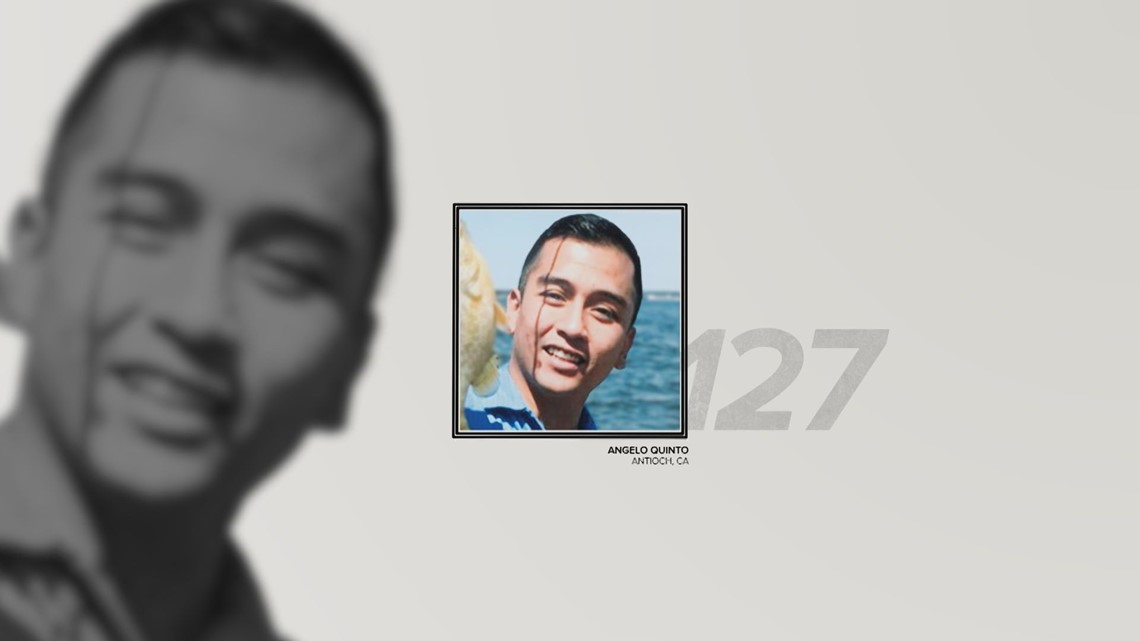
Antioch Police has denied responsibility for Quinto’s death, but that denial did not stop the California legislature from passing a law that now prohibits its officers from doing what they did to Quinto.
Labeled the Angelo Quinto Act, the legislation prohibits “a law enforcement agency from authorizing techniques or transport methods that involve a substantial risk of positional asphyxia.”
California Gov. Gavin Newsom signed the bill into law in October.
Only Nevada has a similar law in place. Colorado could consider legislation on prone restraint during next year’s session.
DEMETRIUS SHANKLING NUMBER 92
When a Boulder District Court judge sentenced two former deputies, James O’Brien and Adam Lunn, to six and three years in prison, respectively, she did something that has proven difficult to do with the vast majority of prone restraint deaths on our list.
Earlier this year, a jury found O’Brien and Lunn guilty of manslaughter in the death of Demetrius Shankling.

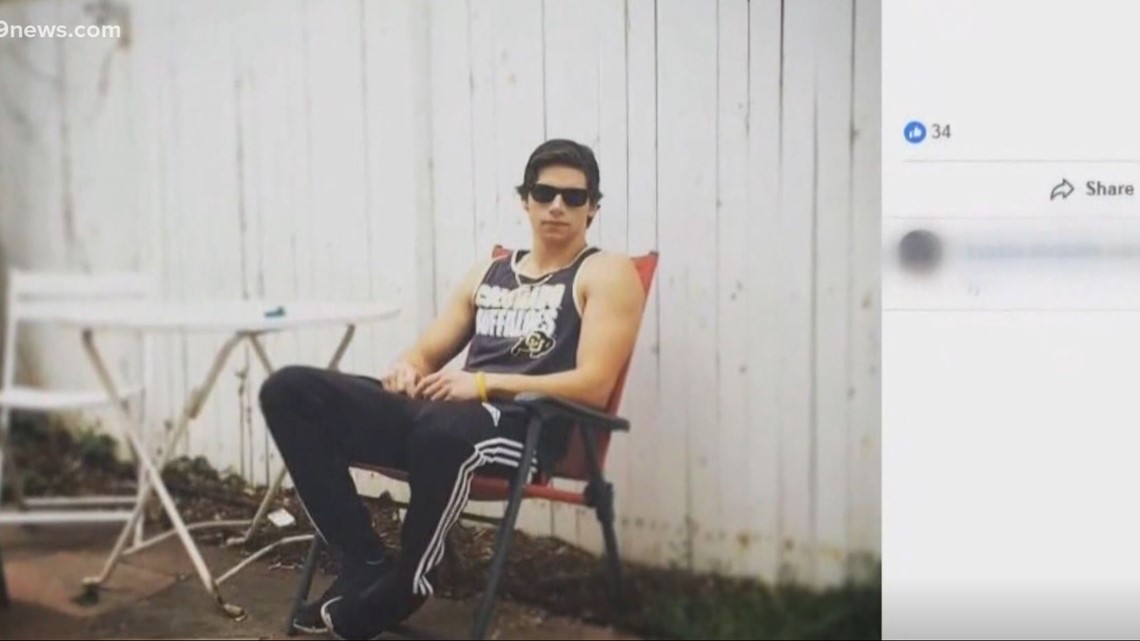
In 2018, O’Brien and Lunn placed a handcuffed and facedown Shankling into a jail transport van. Prosecutors told the jury repeatedly that both had gone through training about the potentially deadly consequences of prolonged prone restraint.
“In this case, we were able to present a fairly significant amount of training for both officers that pertained to the risks of positional asphyxia,” Assistant District Attorney Ken Kupfner said. “Facedown and handcuffed behind the back was the position that they were repeatedly trained to get someone out of.”
While the prosecution of O’Brien and Lunn began before the death of Floyd, our investigation found more prosecutors willing to charge officers involved in prone restraint deaths following Floyd’s death.
Seven of the 131 deaths on our list have led to criminal prosecutions. Four have happened since the death of Floyd.
SUGGESTED VIDEOS: Investigations from 9Wants to Know

